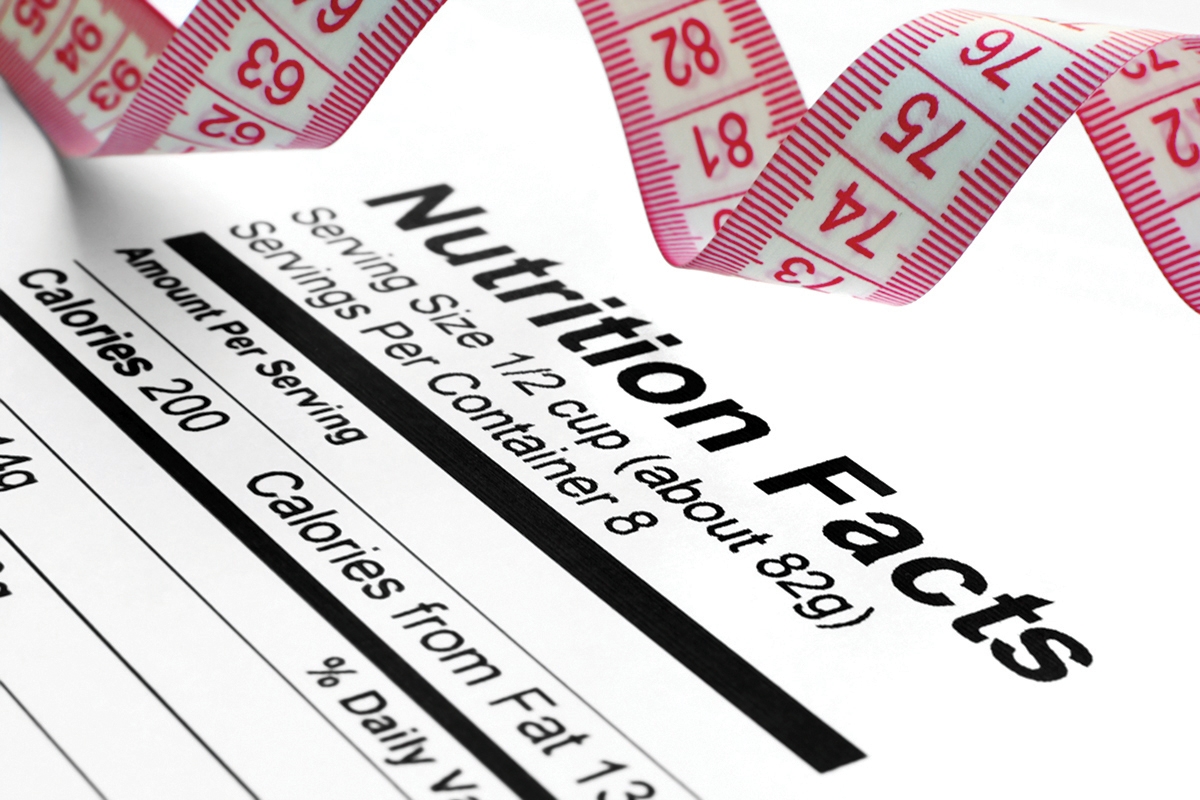A new model of obesity suggests that, when it comes to weight management, quantity of calories consumed is not as important as ensuring that every calorie promotes optimum hormonal balance. Matt O’Neill investigates.
Why do some people fail to lose weight despite cutting calories and boosting exercise? And why do others appear to eat an unlimited quantity of food without gaining a kilo? New research is now questioning whether calories really matter and pointing towards a different dietary approach to achieve lasting results.
For years, the theory has been that if you consume more calories than you expend, you’ll gain weight, and if you then become obese you may be at a higher risk of metabolic defects like type II diabetes. Now, in 2014, US academic weight-loss gurus professors David Ludwig and Mark Friedman have published a new model of obesity in the Journal of the American Medical Association1. Interpreted simply, they say that it’s our metabolic chemistry and hormones that get mucked up first and then weight gain follows, not the other way around. Let’s break that down.
How we really get fat
The professors say that overeating, particularly of sugars and high-glycaemic index (GI) complex carbohydrates like white bread, triggers an increase in blood insulin levels. Insulin’s job is to clear the blood of sugars and fats and get these macronutrients into storage in muscles and fat cells. Insulin generally does this well, leaving lower levels of sugars and fats in the bloodstream. According to this new model of obesity, the drop in circulating metabolic fuels in the bloodstream provokes hunger and increased food intake. A vicious cycle emerges, in which overeating stimulates insulin production. The ensuing cravings cause more overeating, even more insulin and then eating again. A drop in circulating metabolic fuels may also act to reduce resting metabolic rate and the energy cost of moving muscles. So, calorie burning drops off too. The concern is that this can be happening when someone is at a normal weight, and well before they realise a change in eating behaviour is required to avoid future weight gain and metabolic complications.
The problem with cutting calories
The almost universal approach to counter weight gain has been to create an energy deficit, whereby you eat fewer calories than you expend. But dieting can exacerbate the biochemical dysfunction by further limiting the shortfall in metabolic fuel availability in the bloodstream. Restrictive diets also set off a series of other compensatory mechanisms that defend an individual’s current weight. Energy expenditure decreases due to a drop in resting metabolic rate as the body seeks to conserve energy. Hunger levels also increase as your body attempts to get back denied dietary calories. This explains why so many diets are doomed to fail. Your body fights back to restore the balance. And it looks like hormones are at the centre of how it all works.
A focus on diet composition, not calories
Ludwig and Friedman say a focus on dietary quality over quantity is required to improve metabolic function. Their approach aims to reduce insulin release with a low-glycaemic index or low-carbohydrate diet, while not overly restricting calories. In practice, this means eating a higher protein, moderate fat and limited carbohydrate diet with an emphasis on lower GI carbohydrates, such as pasta, lentils, basmati rice and some wholegrain breads.

Nourishment, not restriction
Other dietary components thought to create the positive biochemical environment necessary for weight loss include a low refined sugar intake, a high polyunsaturated:saturated fat ratio and a high omega-3 and low trans-fatty acid intake. A high micronutrient and phytochemical content of the diet may also be essential for optimal metabolic function to promote weight loss. For example, adequate iodine for healthy thyroid function that keeps your resting metabolic rate firing. The correct balance of intestinal bacteria may also influence how efficiently calories from food are absorbed, highlighting the potential role of probiotics and prebiotics for weight management. Some slimming diets eliminate dairy and so could be removing the exact foods – probiotic yoghurts – that benefit weight loss. These new considerations also raise serious questions about how potentially damaging so-called liquid detoxes and cleanses are, when they effectively deprive the body of the wholefood nourishment it needs.
Making every calorie count
So, bearing in mind these considerations, do calories still matter? Yes. You can’t now eat and drink as much as you like and still lose weight, but if you are eating a nutrient-rich diet aligned with good metabolic function and hormonal balance, you may be able to eat more food and total calories without gaining body fat. Every calorie should offer your body nourishment. For example, eating omega-3-rich fish to reduce metabolic inflammation as well as provide protein, or fibre-rich wholegrains as a carbohydrate source that also enhances bacterial balance in the bowel. What now matters is that every calorie you consume promotes optimum hormonal balance.
Stress and sleep
The professors also highlight the role of stress and sleep in directly or indirectly influencing calorie uptake and storage into fat cells. Research is mounting to show how stress can cause overeating by elevating the hormone cortisol, which stimulates brain neurotransmitters involved in cravings. Similarly, sleep deprivation and broken sleep has now been shown to ramp up the hunger hormone ghrelin and interfere with other metabolic processes. So, effective weight management is not just about food and exercise.
Hormonal balance first
All of this considerable research is now pointing towards rebalancing hormones as the primary objective for any dietary intervention for weight loss. The idea is to create the correct biochemistry, which in turn switches the body onto fat-burning mode, instead of fat storage. Dietary advice for weight loss is becoming more complex, reinforcing the need for fitness professionals dealing with clients to recommend general guidelines for healthy eating that promote good hormonal balance. In conjunction with fitness, referral to a doctor or dietitian for a full assessment of dietary-related hormonal status may provide the best quality of care for clients.

Matt O’Neill, MSc (Nut&Diet) is an accredited practising dietitian, director of the SmartShape Centre for Weight Management and creator of the Metabolic Jumpstart nutrition system. smartshape.com.au
Reference
Ludwig DS, Friedman MI (2014), Increasing adiposity – Consequence or cause of overeating? JAMA, E1-2, May 16.







